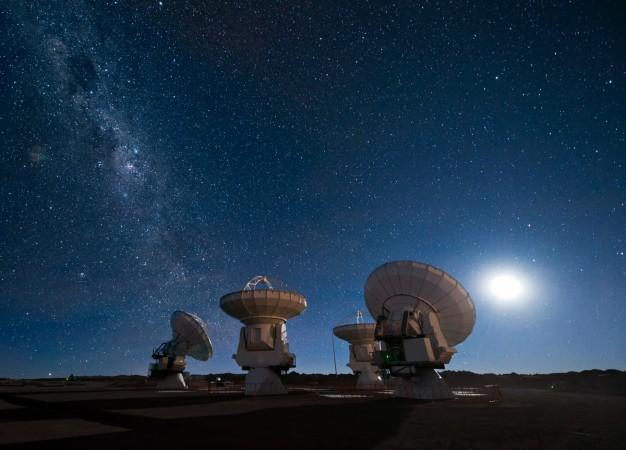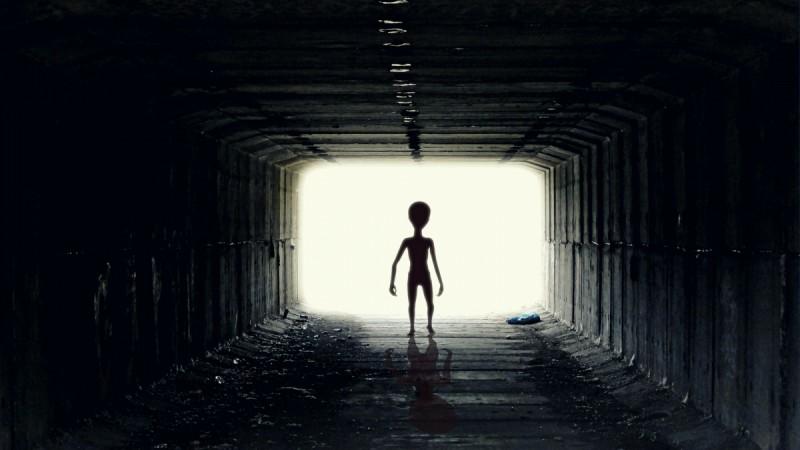Laws of probability dictate that there must be an abundance of life in the universe. The conditions for life as humans recognise it are met in hundreds if not thousands of spots in the universe. There are millions of stars in each galaxy, and many of those stars have planets orbiting them in a very Solar System-like way.
This is where the Fermi Paradox comes to play in this search for extraterrestrial intelligence. The paradox is simple -- conditions to support life are plentiful, but life, so far is not. At least there is still no absolute and concrete proof that there is intelligence in the universe in the way humans perceive it. So, what's not prompting that ?
A new paper, titled "Dissolving the Fermi Paradox", was published recently by a team headed by researchers from Oxford University and in it is an attempt to answer the "where is everybody?" question.
In this study, the team is said to have revisited the Drake Equation, proposed by Frank Drake, an astronomer who put forward a mathematical equation that quantified life. The Drake equation demonstrated that even if the amount of life in a given site is small, just the massive number of possibilities should, in fact, yield several observable civilizations.

Anders Sanberg, who led the study, and his team put some thought into the way the Drake equation has been put together. The report mentions that researchers incorporated genetic and chemical transitions as paths to the origin of life. From here, they show how there is a lot of uncertainties that cover many of the equation's parameters.
Since the 1960s when Drake and Carl Sagan worked on the equation, many aspects of astronomy have been updated and the general understanding of the workings of the universe has improved, said Sanberg. The equation itself, he says is based on a number of assumptions and estimations. "But this result will be stated as single number, and that anchors us to an *apparently* exact estimate – when it should have a proper uncertainty range," he wrote to Universe today.
In their paper, the researchers suggested the "aestivation hypothesis" or the reason that "we are not observing manifestations of alien civilizations is that they are currently (mostly) inactive, patiently waiting for future cosmic eras."
For this study, the team used an uncertainty range instead of single values and filled in the equation based on the highest and lowest values based on the current understanding of the universe. As expected, the team got a distribution instead of a single point.
The result was an estimation of likelihood of whether or not humanity is the only form of intelligent life in the observable universe. "If we instead try to review the scientific knowledge, things get even more extreme," wrote Sanberg.
Because of the nature of mathematical probability and the sheer level of uncertainties that are intrinsic to this research, it led Sanberg to, "conclude that there is a fairly high likelihood that we are alone. However, we *also* conclude that we shouldn't be too surprised if we find intelligence!"










!['Had denied Housefull franchise as they wanted me to wear a bikini': Tia Bajpai on turning down bold scripts [Exclusive]](https://data1.ibtimes.co.in/en/full/806605/had-denied-housefull-franchise-they-wanted-me-wear-bikini-tia-bajpai-turning-down-bold.png?w=220&h=138)



